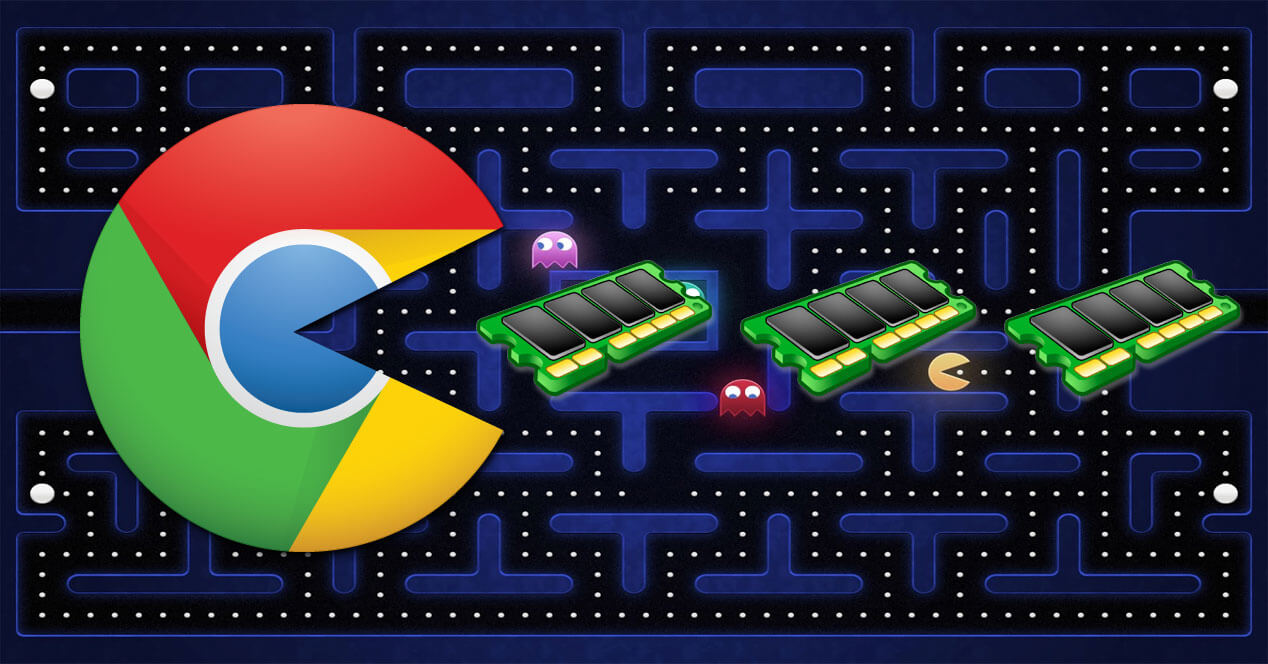Google Chrome is just that one browser we hate to love. Sure it is fast and comes with extra cool features, but all that is at the expense of our device’s RAM. The browser is a chronic resource hog that makes running other heavy application while Chrome is running a big struggle for devices limited in the ‘resources department.’
Well, if you thought things couldn’t get worse and have already gotten used to Chrome hogging all your RAM, making your CPU clock faster hence the fan makes more loud noise, your battery drains more quickly, and the laptop feel warmer to your touch. Well, things will get worse.
And all thanks to Google latest effort to protect us (the end users) from the Spectre vulnerability while browsing. Google fight against Spectre comes as a new feature on Chrome called ‘Site Isolation’ and it will be rolling out in Chrome v.67.
Although Site Isolation has been in testing on a small number of users since the rollout of Chrome v.63, it is only now that Google feels confident enough for mass rollout. Even then, the company says it will only roll out to 99% of Chrome users on Windows, Mac, Linux, and ChromeOS. The remaining 1%, is being held off to allow the company to better monitor how the new feature will affect the browser’s performance.
Site Isolation, what is it?
To put it simply, Site Isolation is going to change Chrome browser’s architecture, which keeps each individual render process limited to one site. Thus, it can keep malicious websites from executing Spectre attacks and stealing users’ data uploaded through another site. All thanks to the fact that they are now separated into different processes.
Although Google admits, that will be considerable changes under the hood which will also change the way Chrome v.67 operates compared to the earlier versions. The company also assures end users and developers that there won’t be a significant change in the way the browser works for them.
Site Isolation does cause Chrome to create more renderer processes, which comes with performance tradeoffs: on the plus side, each renderer process is smaller, short-lived, and has less contention internally, but there is about a 10-13% total memory overhead in real workloads due to the larger number of processes,” wrote Charlie Reis from Google. “Our team continues to work hard to optimize this behavior to keep Chrome both fast and secure.”
How to mitigate the increased RAM-usage
While Google promises to continue working on ways to reduce the amount of RAM the browser will use, there are some simple thing you can do to mitigate the situation. For one, you can increase the amount of RAM in your PC that is the best solution available. Secondly, you can minimize the number of open tabs you use.



